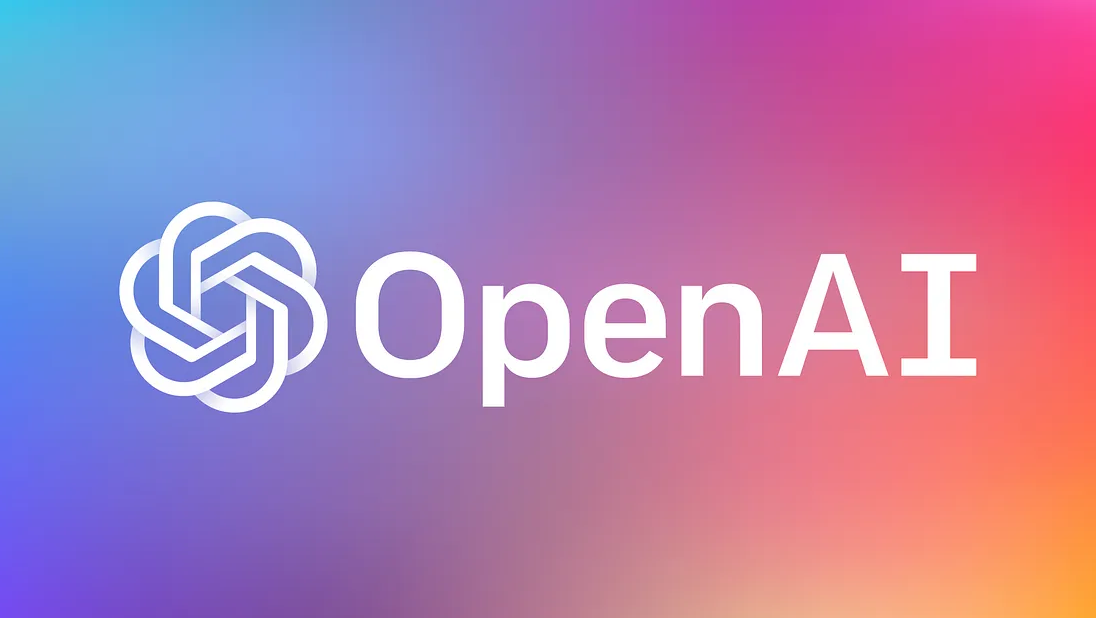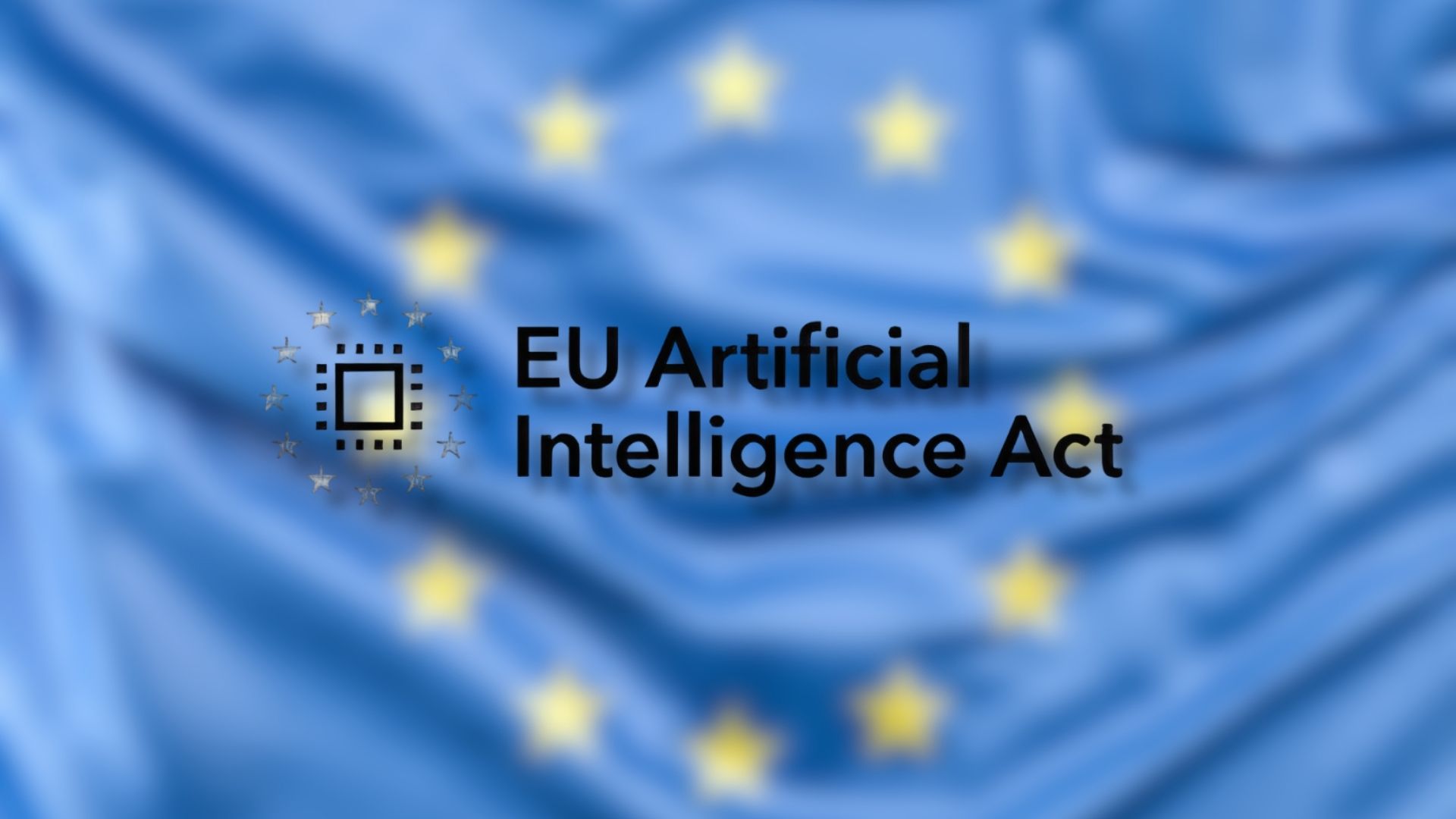OpenAI has formed a new partnership with Deutsche Telekom to deliver advanced AI capabilities to millions of people across Europe. The collaboration brings together Deutsche Telekom’s customer base and OpenAI’s research to expand the availability of practical AI tools.
The companies aim to introduce simple, multilingual and privacy-focused AI services starting in 2026, helping users communicate, learn and accomplish tasks more efficiently. Widespread familiarity with platforms such as ChatGPT is expected to support rapid uptake of these new offerings.
Deutsche Telekom will introduce ChatGPT Enterprise internally, giving staff secure access to tools that improve customer support and streamline workflows. The move aligns with the firm’s goal of modernising operations through intelligent automation.
Further integration of AI into network management and employee copilots will support the transition towards more autonomous, self-optimising systems. The partnership is expected to strengthen the availability and reliability of AI services throughout Europe.
Would you like to learn more about AI, tech and digital diplomacy? If so, ask our Diplo chatbot!










